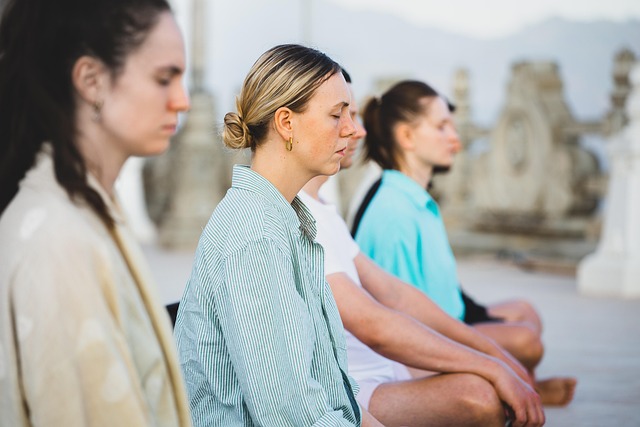Why Travel Health Matters
Even a short trip can knock your system out of sync. One red-eye flight or skipped meal, and suddenly you’re groggy, bloated, and off your game. Travel has a way of messing with your rhythm—fast. And if you’re constantly on the move, those small disruptions add up.
Fatigue hits harder when sleep is fragmented. Digestive issues pop up when your gut isn’t used to what you’re eating—or when you’re eating too much, too little, or too weirdly timed. And sleep? It’s elusive when your environment keeps changing. Hotel noise, time zones, late-night arrivals—your body never gets the memo.
The point is simple: if your body’s working overtime just to keep up, your trip becomes more of a grind than an adventure. Staying healthy on the road isn’t about being perfect—it’s about staying balanced enough to actually enjoy where you are.
Fuel Smart: Eating for Energy
Travel is tough on your system, and the first thing to go is often your nutrition. Start with hydration—it sounds basic, but too many people forget that flying, changing altitudes, and shifting climates dry you out fast. A refillable bottle isn’t optional. It’s your first line of defense.
Next, invest in snacks that actually work for your body. High-fiber options like nuts, dried fruit, or oat-based bars keep blood sugar steady and digestion moving—key on long flights or layovers. Avoid the salty mystery packs handed out at 36,000 feet.
Yes, dive into local cuisine. That’s part of the point of travel. But you’ll want to balance trials with gut-friendly habits. Probiotic-rich foods, herbal teas, and slow transitions between meals help manage any surprise reactions.
Finally, processed and sugary foods mess with energy levels and digestion. Keep them minimal. A candy bar might give you a kick—but crashes mid-itinerary aren’t worth it.
Fuel right, and the rest of your wellness routine gets a whole lot easier.
Sleep Strategies While Traveling
Sleep doesn’t have to be the first casualty of travel. The key is rhythm. Stick to a consistent bedtime and wake-up schedule—even if your time zone’s off. Your body does better with predictable cues than perfect timing. Light exposure in the morning and keeping screens low-lit at night helps recalibrate quicker.
Eye masks and earplugs aren’t extras—they’re your front line. Hotels can be noisy, planes are worse, and unfamiliar environments mean your brain stays on alert. Throw in white noise (via apps or machines) and you create a signal that it’s time to shut down, no matter where you are.
Caffeine and alcohol demand respect. A coffee at the wrong time (or too much of it) derails your sleep cycle fast. Booze might make you drowsy, but it fragments sleep and leaves you wired by 3 a.m. The tip: stop caffeine at least six hours before you plan to sleep, and if you drink, hydrate more than usual.
In unfamiliar spaces—whether it’s a hotel in Bangkok or a lay-flat seat—routine is the anchor. Pack socks, a hoodie, anything that mimics your wind-down process at home. Aim for darkness, quiet, and a cool temp. Even if the night isn’t perfect, your body will adapt faster with these habits in place.
Movement You Can Actually Manage
You don’t need a gym. You don’t need an hour. You just need to move—daily. Whether you’re stuck on a long flight or waiting at a gate, building in simple, doable movement is the difference between feeling wrecked or ready.
Start with basic stretches: shoulder rolls, neck releases, spinal twists. Sit too long and your body stiffens; stretch it out. These can be done in five minutes and without attracting stares. Walk as often as you can—airports are basically indoor tracks. Layovers become free cardio. Exploring a new city? Skip the Uber, use your legs.
On non-travel days, resistance bands or bodyweight exercises hit the mark. Think squats, push-ups, planks. No excuses. Even ten-minute micro-workouts in your hotel room keep your body in rhythm. Consistency matters more than duration—build movement into the cracks, not just the calendar. Your joints, back, and future self will thank you.
Immune Defense On the Go
Travel exposes your body to new environments, routines, and bacteria. That means your immune system has to be sharp from the jump. Vitamins C, D, and zinc do the heavy lifting here. Keep them on hand—especially during flights, long bus rides, or when bouncing between climates.
Sanitize often. Wash your hands more than feels necessary. Public transit, door handles, shared touch screens—they’re not your friends. Think of hand-washing as your first line of defense, not a chore.
Burnout sneaks up on you, especially when you pack your days too tight. Pace your itinerary like you’re planning for a marathon, not a sprint. Build in downtime—an hour for a quiet lunch, a morning walk without your phone, even a night off from social plans.
And don’t brush off small symptoms. A scratchy throat or a random stomach twinge shouldn’t be ignored just because you’re “on a trip.” Your body’s sending up a flare. Deal with it early, or risk sidelining the rest of your journey.
Mental Fitness = Physical Health
Even when you’re standing on a beach or staring at some ancient landmark, travel stress can creep in. Disrupted routines, unfamiliar environments, overstimulation—it adds up. That’s why building in space to reset your mind is just as critical as staying hydrated or getting enough sleep.
Start simple. Journal for five quiet minutes in the morning. Close your eyes and take ten deep breaths before you board a flight. Block out digital noise at least once a day—log off, shut down, go walk. The goal isn’t perfection. It’s presence.
These routines aren’t fancy, but they keep your mind from running on fumes. Whether it’s guided meditations, solo reflection, or just choosing not to scroll for the 800th time in line at customs, intentional mental quiet helps you stay centered when the itinerary doesn’t.
Need a deeper dive? Check out: Meditation and Mindfulness Practices for Travel
Final Notes: Build Habits for the Long Haul
Forget the all-or-nothing mindset. The key to staying healthy while traveling isn’t green juice every morning or crushing workouts at 6 a.m. It’s small, consistent routines that fit into your real life. Stretch in the hotel room. Pick the protein option. Carry a water bottle. These aren’t flashy moves—but they work.
Wellness doesn’t need to be a separate task or something you ‘get back to’ later. It’s part of the trip. It’s how you show up, stay present, and actually enjoy yourself.
Perfection is a trap. Travel is messy. You’ll skip meals, miss sleep, forget supplements. That’s fine. The win is being prepared enough to bounce back. Build simple habits before you go. Pack for them. Plan for downtime. Then when the itinerary shifts, you’re not thrown off—you just pivot.
In the end, the healthiest travelers aren’t always the most disciplined—they’re the most adaptable.

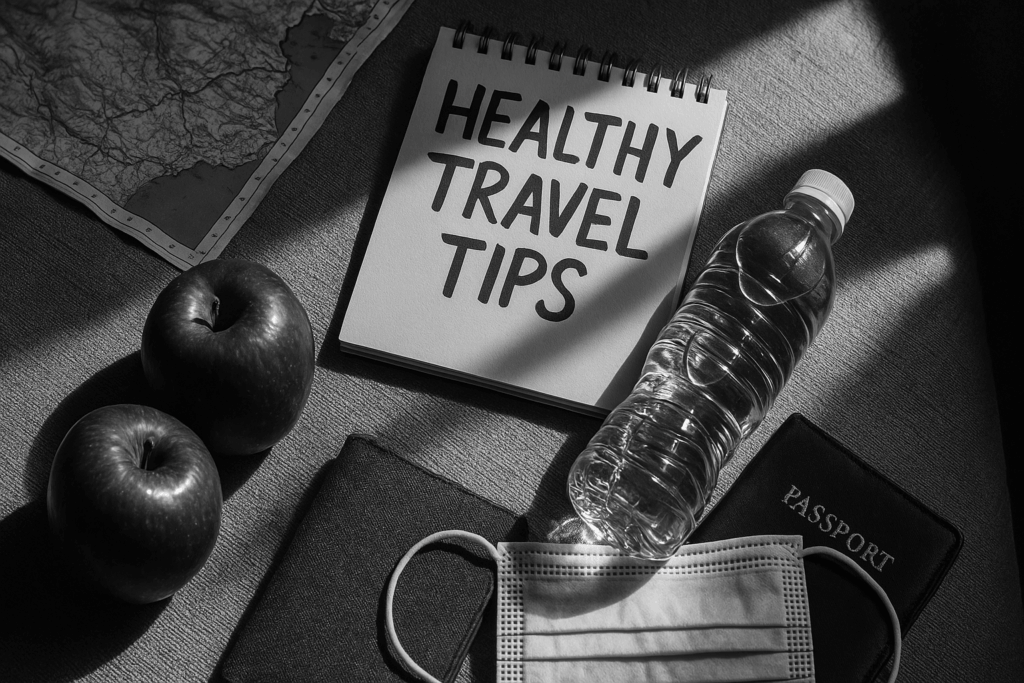












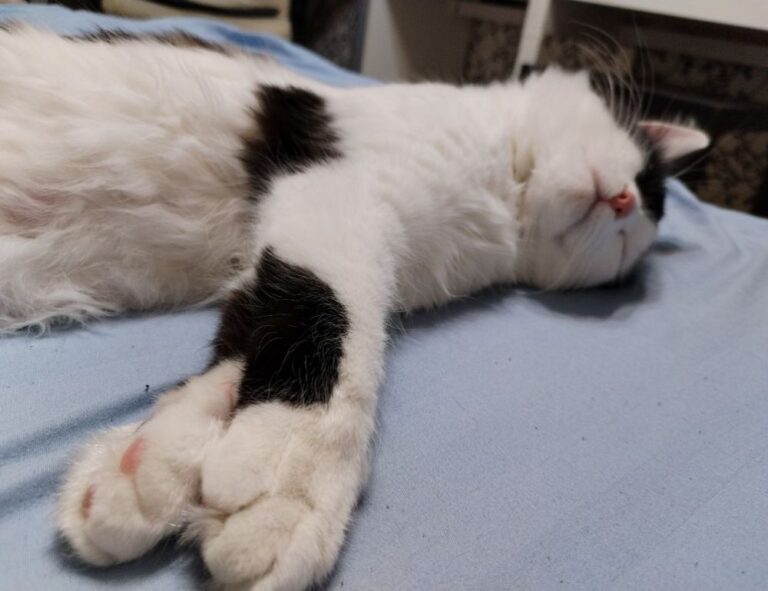











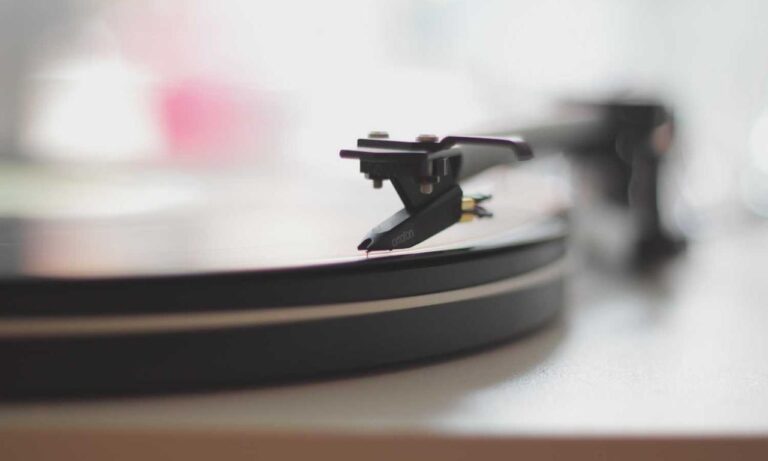


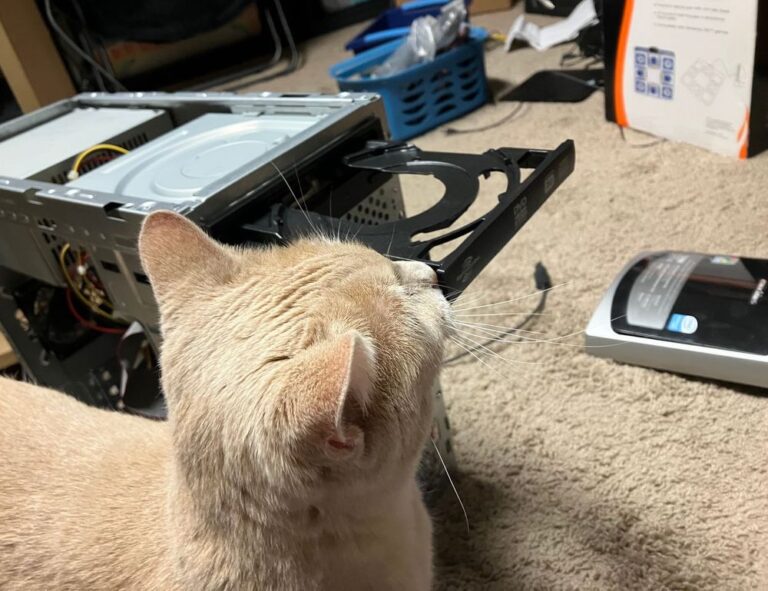






















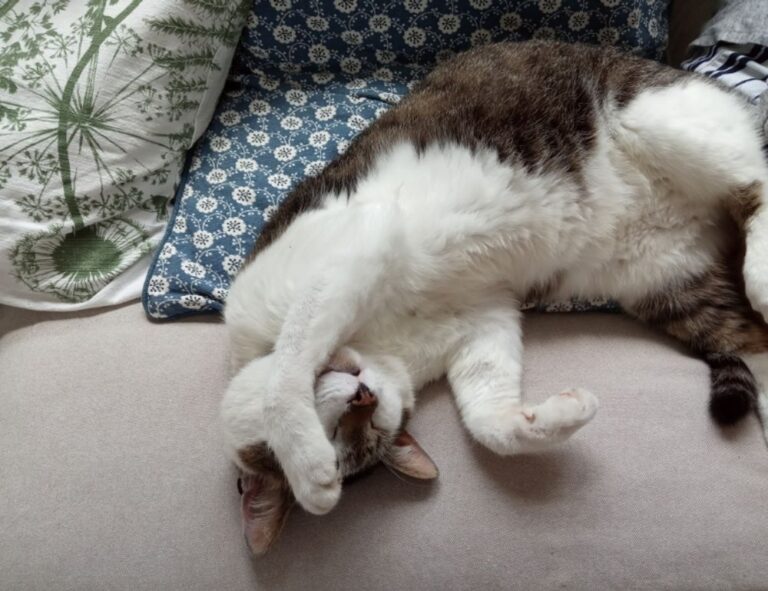
























































































































































































































































































































































































































































































































































































































































































































































































































































































































































































































































































































































































































































































































































































































































































































































































































































































































































































































































































































































































































 Richard Morrisanters, author at TravelBeautyVision brings a unique perspective to travel and culture. With a passion for exploring hidden destinations, he blends storytelling with modern digital tools to give readers an authentic journey through his writing.
Richard Morrisanters, author at TravelBeautyVision brings a unique perspective to travel and culture. With a passion for exploring hidden destinations, he blends storytelling with modern digital tools to give readers an authentic journey through his writing.

